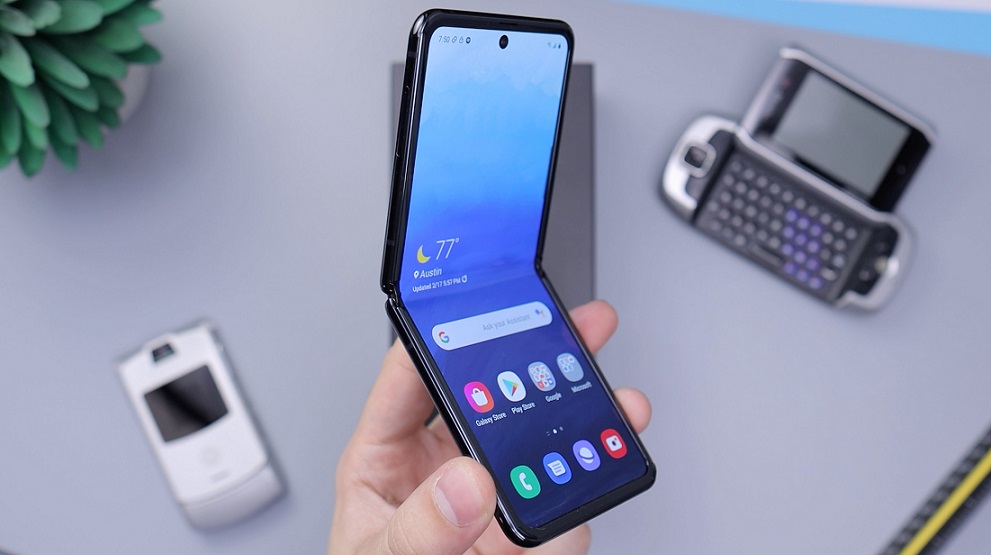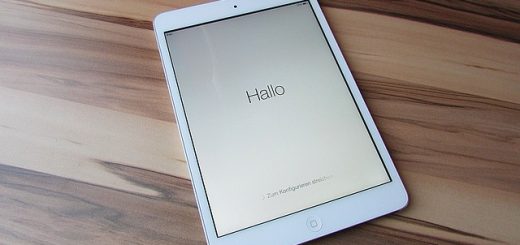Smartphone or tablet – what to choose?

The choice between a smartphone and a tablet depends on your specific needs, preferences, and usage patterns. Here are some factors to consider when making your decision:
Portability
Smartphones are generally more portable than tablets due to their smaller size, which makes them easier to carry in your pocket or handbag. Tablets, on the other hand, are larger and may require a separate bag or case to transport.
Screen size
Tablets typically have larger screens compared to smartphones, which can make them better for activities such as watching videos, reading eBooks, or browsing the internet. Smartphones, however, are more compact and can be more convenient for one-handed use and fitting in tight spaces.
Productivity
If you need a device for productivity tasks such as editing documents, creating presentations, or multitasking, a tablet may offer a larger screen and more processing power for such tasks compared to a smartphone. However, smartphones with larger screens and advanced processing capabilities are becoming more common, blurring the line between the two.
Communication
Smartphones are primarily designed for communication, with built-in features such as call capabilities, messaging, and social media apps. Tablets can also offer these features, but may be less portable for on-the-go communication.
Gaming
If you enjoy mobile gaming, both smartphones and tablets can offer a wide range of gaming experiences. Tablets may provide a larger screen for a more immersive gaming experience, while smartphones may be more convenient for gaming on the go.
Battery life
Tablets generally have larger batteries compared to smartphones, which can result in longer battery life for activities such as web browsing, watching videos, or playing games. However, smartphones with optimized battery life can also provide sufficient usage time for most users.
Budget
Budget is an important consideration when choosing between a smartphone and a tablet. Generally, smartphones tend to be more affordable compared to tablets with similar specifications. However, premium smartphones or high-end tablets can be expensive.
Ultimately, the choice between a smartphone and a tablet depends on your individual needs and preferences. If portability, communication, and a device that can fit in your pocket are important to you, a smartphone may be the better choice. If you need a larger screen for media consumption, productivity tasks, or gaming, a tablet may be more suitable. Consider your specific requirements, budget, and personal preferences to make the best decision for your needs.
Other important releted thighs that shoud be considered too:
Operating System
Both smartphones and tablets come with different operating systems (OS), such as Android, iOS, or Windows, each with its own features, user interface, and ecosystem of apps. Consider the OS that you are most familiar with or prefer, as it can impact your overall user experience and the availability of apps that you use frequently.
Camera Capabilities
Smartphones generally come with advanced camera capabilities, including higher megapixel counts, multiple lenses, and advanced imaging features. If you use your device for photography or video recording, a smartphone may offer a better camera experience compared to most tablets, which typically have more limited camera functionalities.
Connectivity
Smartphones usually offer a wider range of connectivity options, such as cellular connectivity for making calls and accessing the internet on the go, while tablets may come in both cellular and Wi-Fi-only versions. If you need constant internet connectivity without relying on Wi-Fi hotspots, a smartphone may be a more suitable choice.
Storage Capacity
Tablets often come with larger storage capacities compared to smartphones, which can be beneficial if you need ample storage for media files, documents, or other data-intensive tasks. However, some smartphones also offer expandable storage options through microSD cards, allowing you to increase storage capacity if needed.
Multitasking
If you need to multitask and run multiple apps side by side, a tablet may provide a more spacious screen for such activities. Some tablets also offer features like split-screen mode, which can enhance productivity by allowing you to work with multiple apps simultaneously. However, newer smartphones with larger screens and improved multitasking capabilities are narrowing the gap in this aspect.
Durability
Due to their smaller size, smartphones may be more prone to accidental drops and damage compared to tablets, which have larger form factors and may offer better durability. If durability is a priority for you, a tablet may be a more suitable option, especially if you plan to use it in more rugged environments.
Accessories
Consider the availability of accessories for the device you choose. Smartphones generally have a wider range of accessories available, such as cases, screen protectors, chargers, and more, due to their widespread popularity. While tablets also have accessories, the options may be more limited, especially for less common or older models.
Personal Preferences
Your personal preferences and habits should also play a role in your decision. Do you prefer a larger screen for media consumption or a smaller, more portable device for everyday use? Are you more comfortable with a smartphone for communication or a tablet for productivity tasks? Consider what you personally value in a device and how it aligns with your needs and lifestyle.
In conclusion, the choice between a smartphone and a tablet depends on various factors such as portability, screen size, productivity needs, communication requirements, gaming preferences, battery life, budget, operating system, camera capabilities, connectivity, storage capacity, multitasking, durability, availability of accessories, and personal preferences. Carefully consider your specific requirements, preferences, and budget to make an informed decision that best suits your needs.



